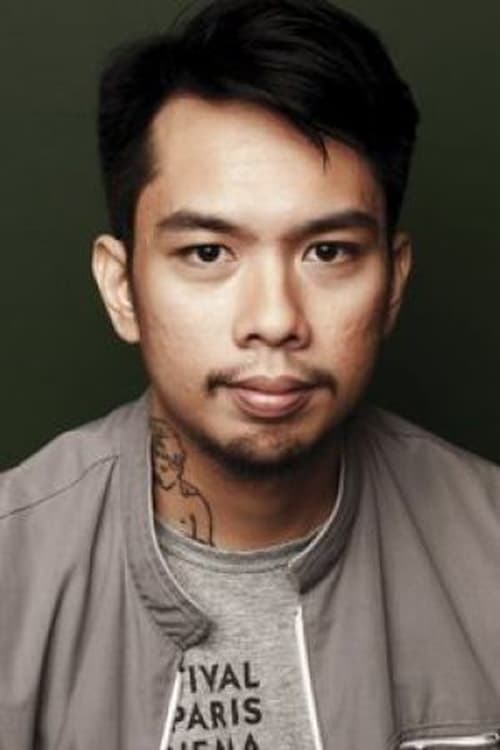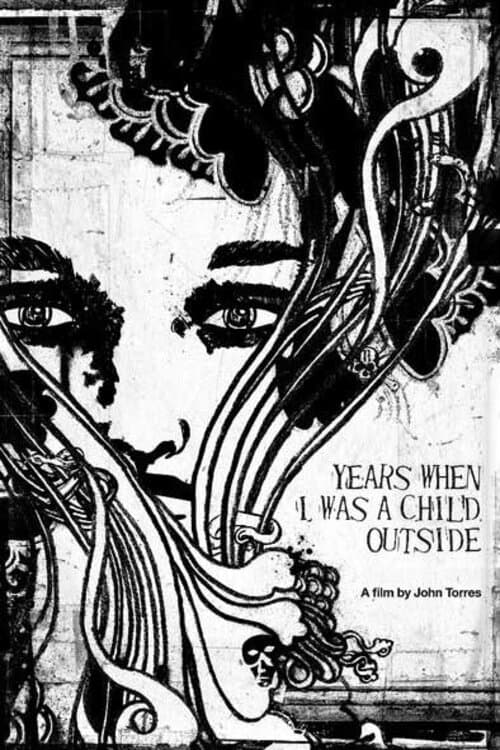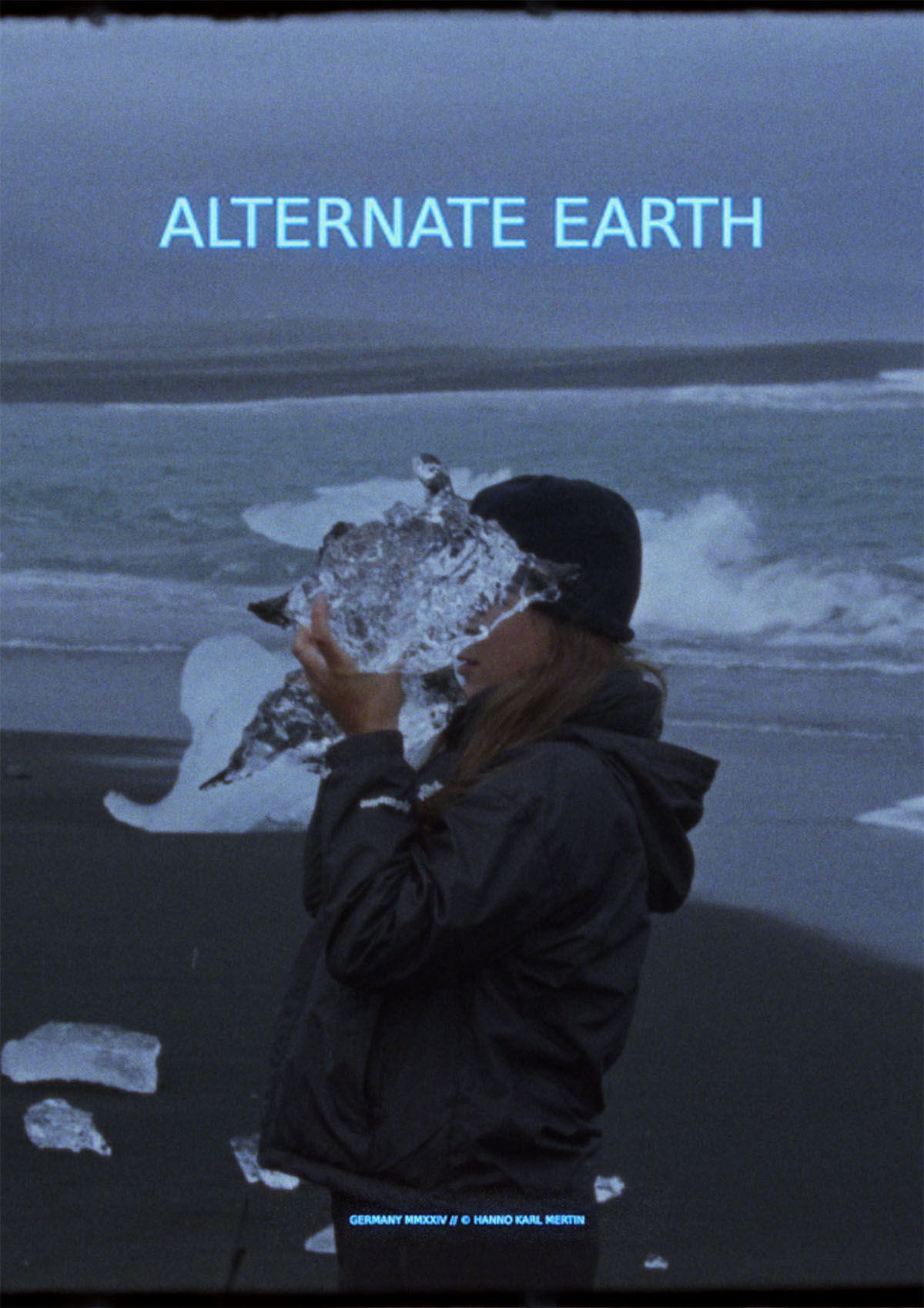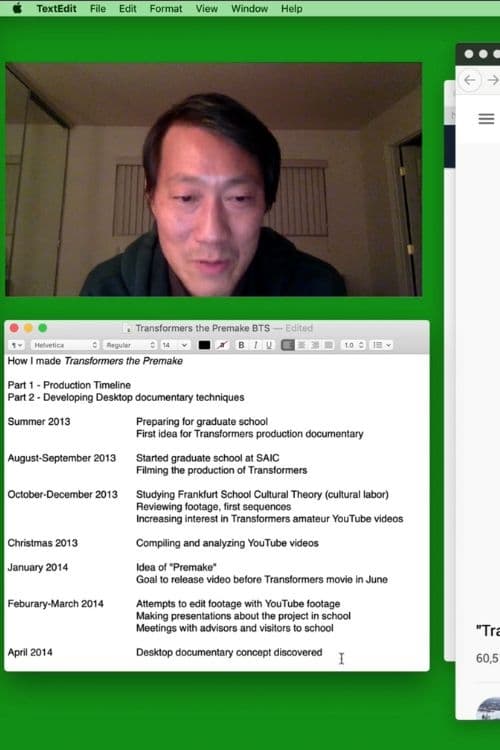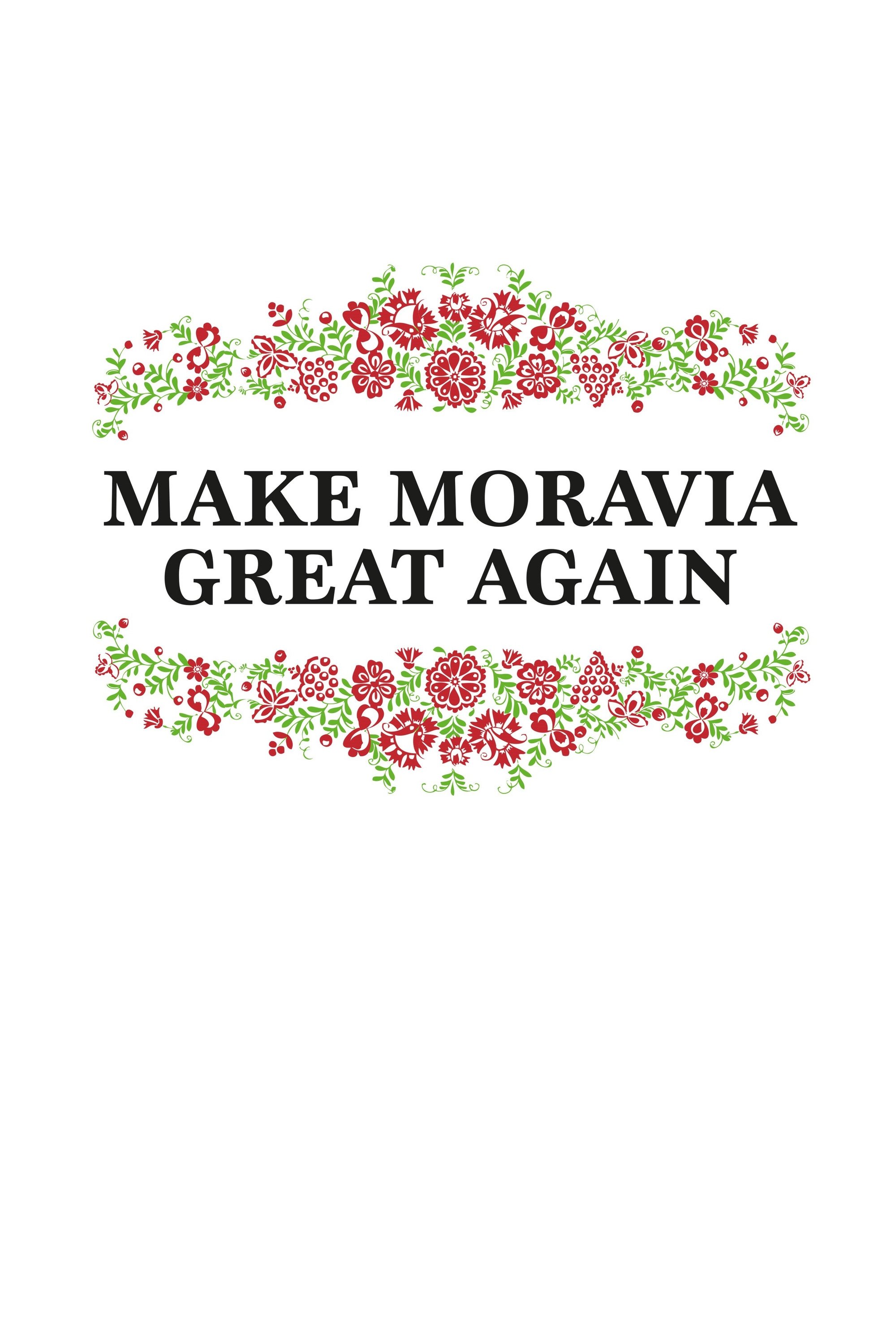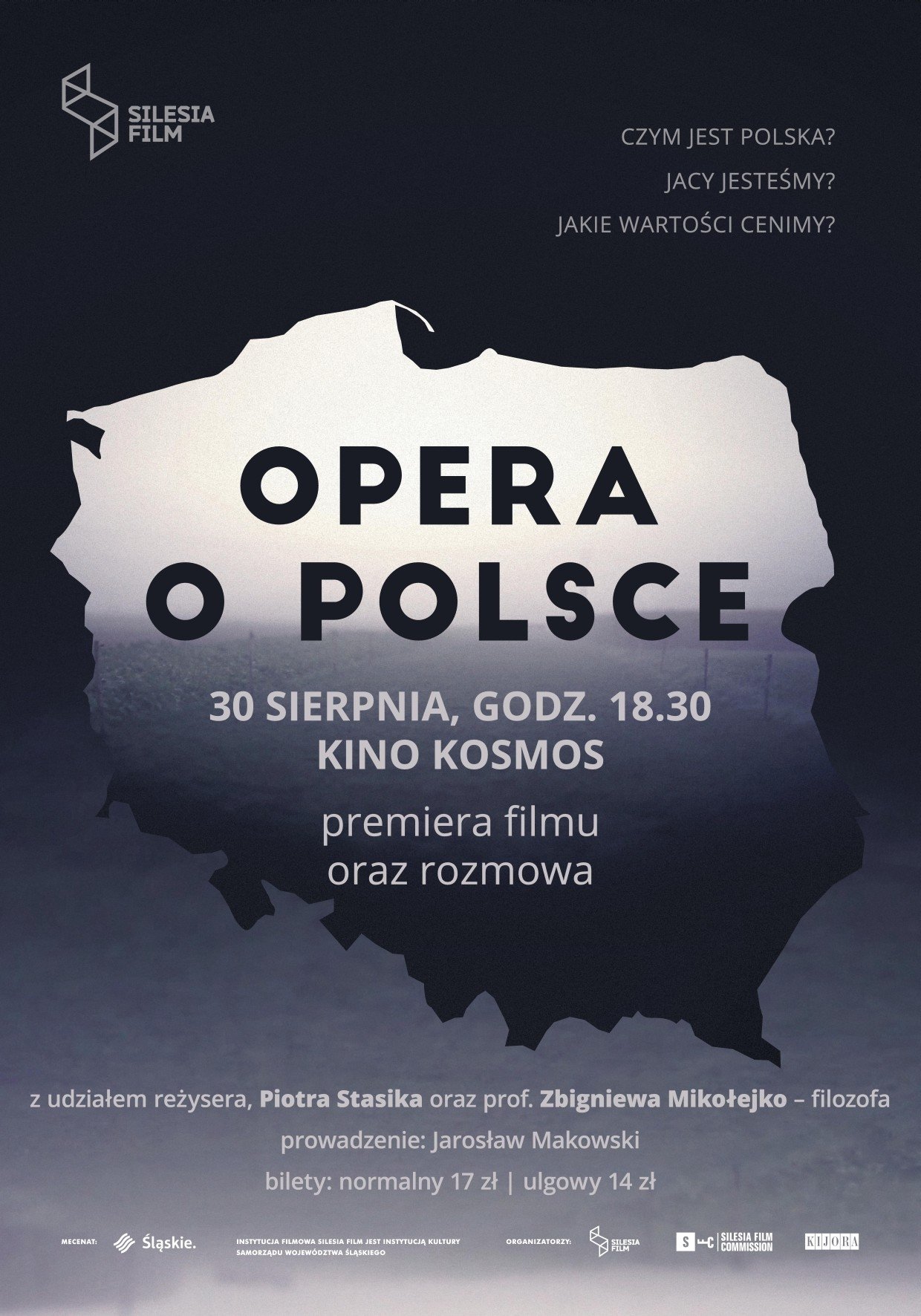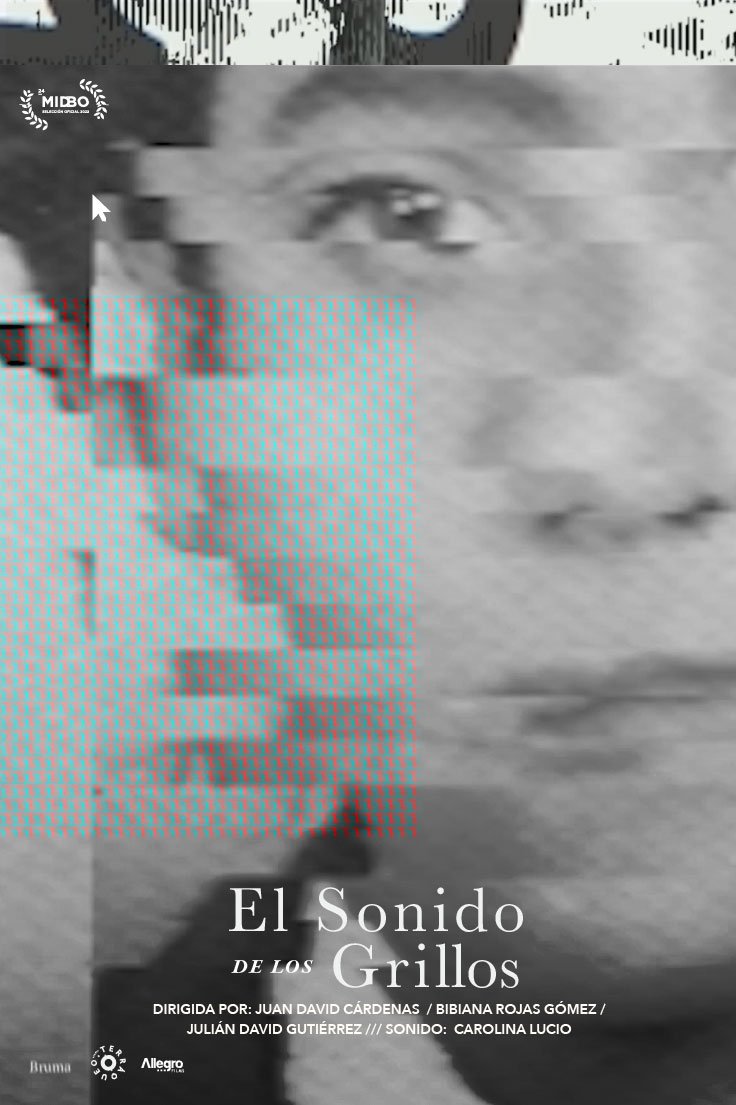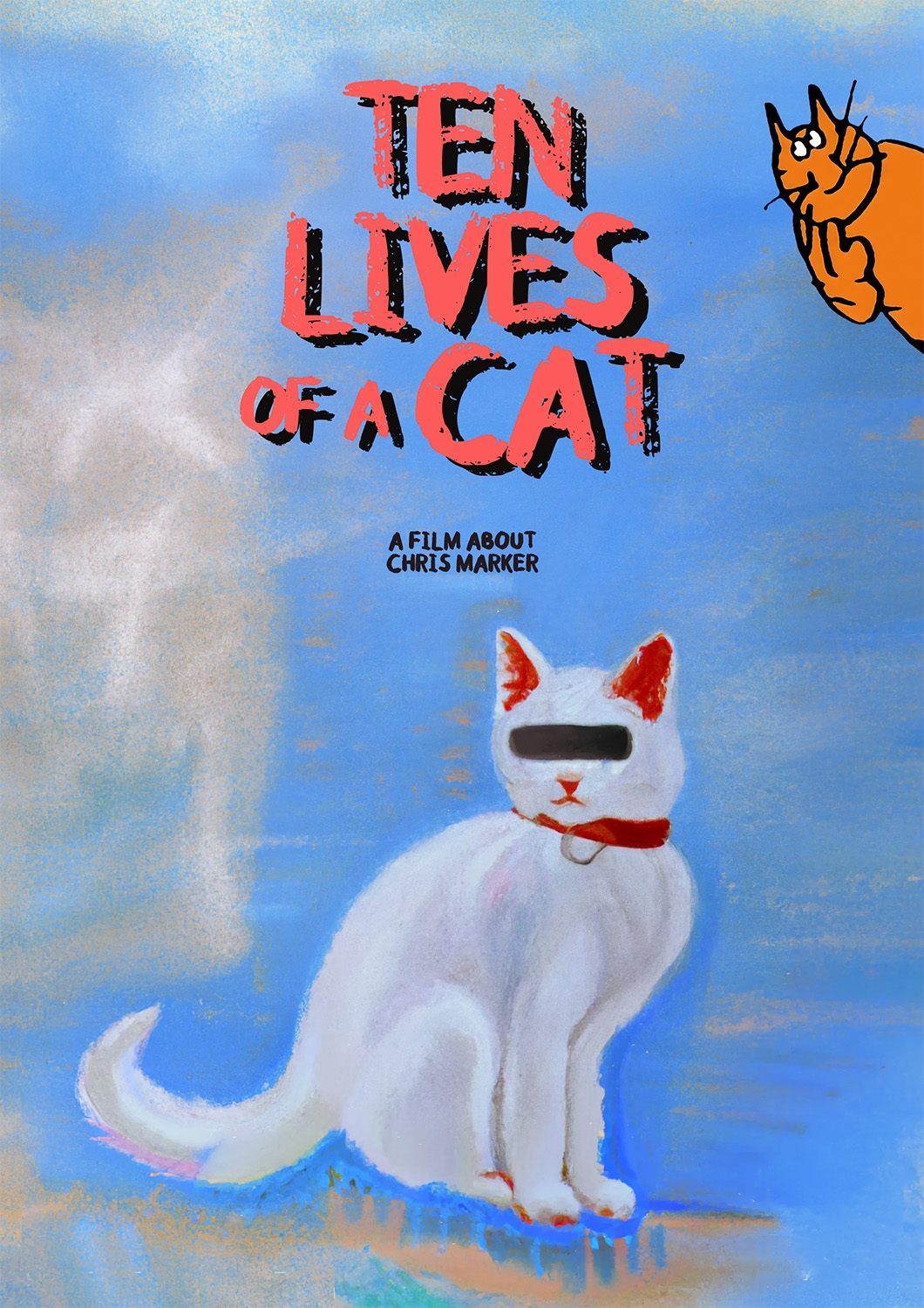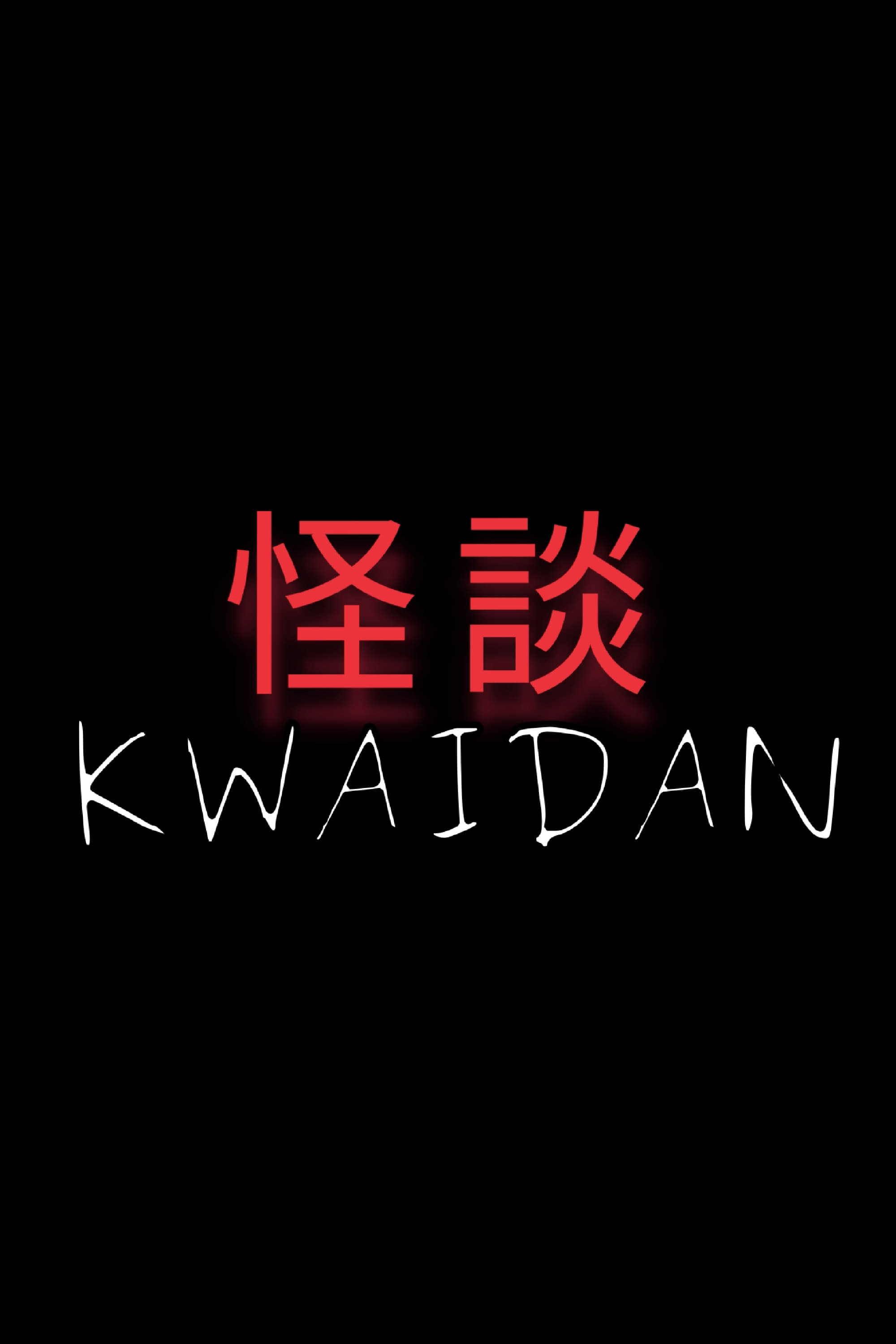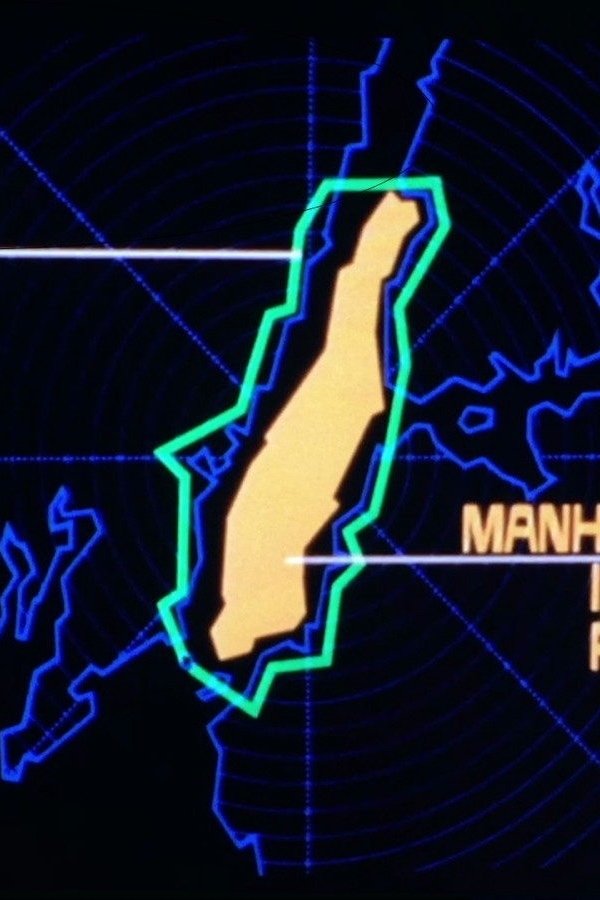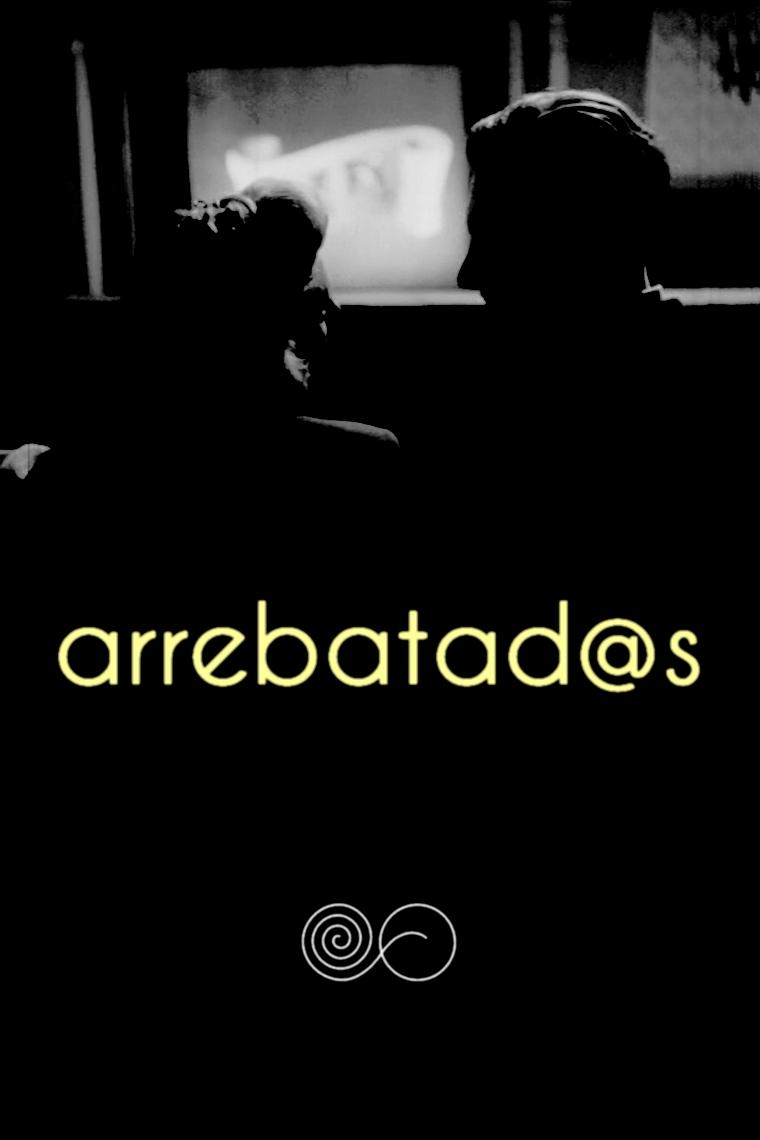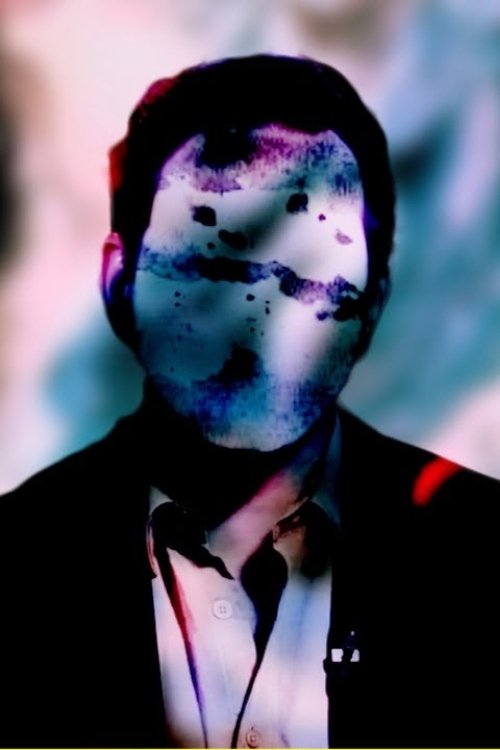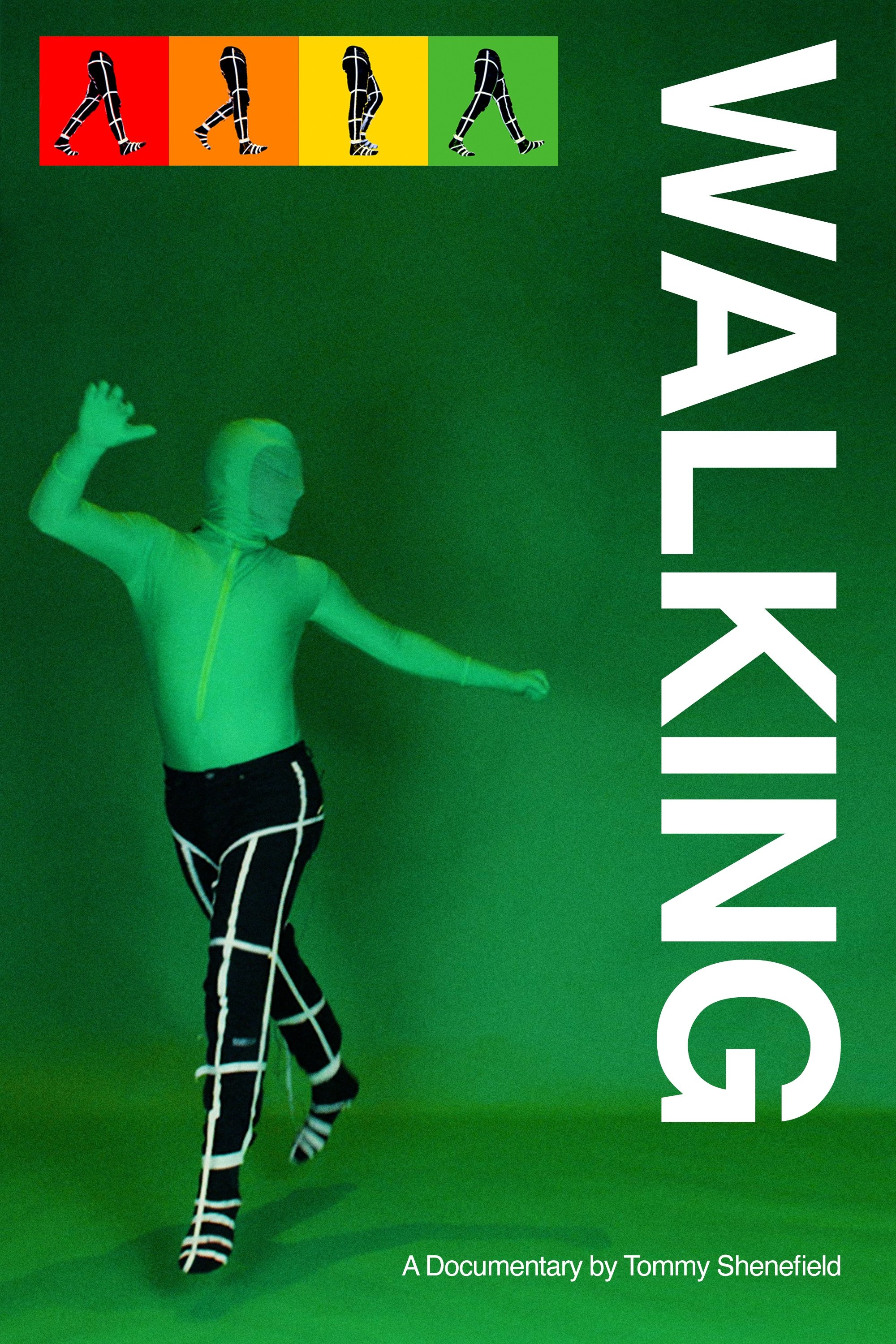
Videos & Trailers
1 video
Cast & Crew
10 members
Acting
Errol Baclos
Unknown Role
No Image
Art
Mario Lim
Unknown Role
No Image
Acting
Donna Miranda
Unknown Role
No Image
Acting
Ian Lomongo
Unknown Role
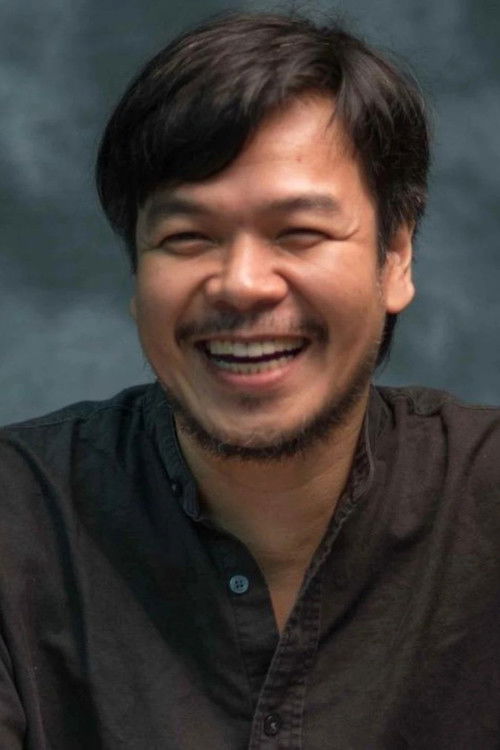
Acting
Chico Pace
Unknown Role
No Image
Acting
Nympha Torres
Unknown Role
No Image
Acting
Rodolfo Torres
Unknown Role
No Image
Acting
Topper Torres
Unknown Role
No Image
Directing
Khavn
Unknown Role
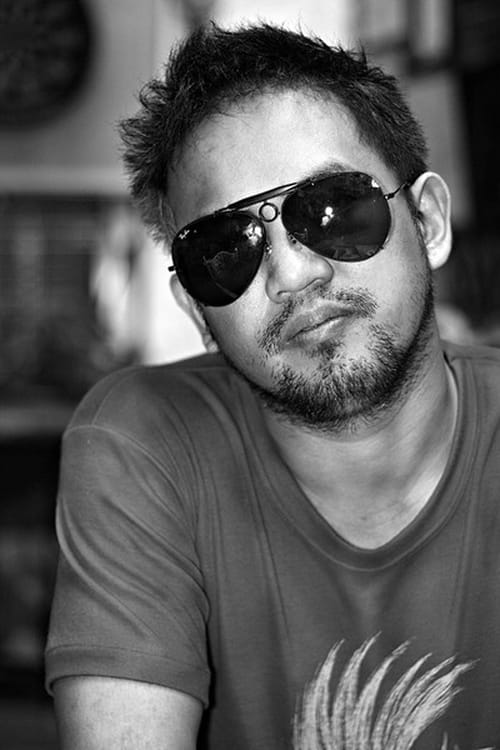
Directing
Raya Martin
Unknown Role
